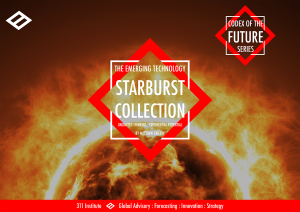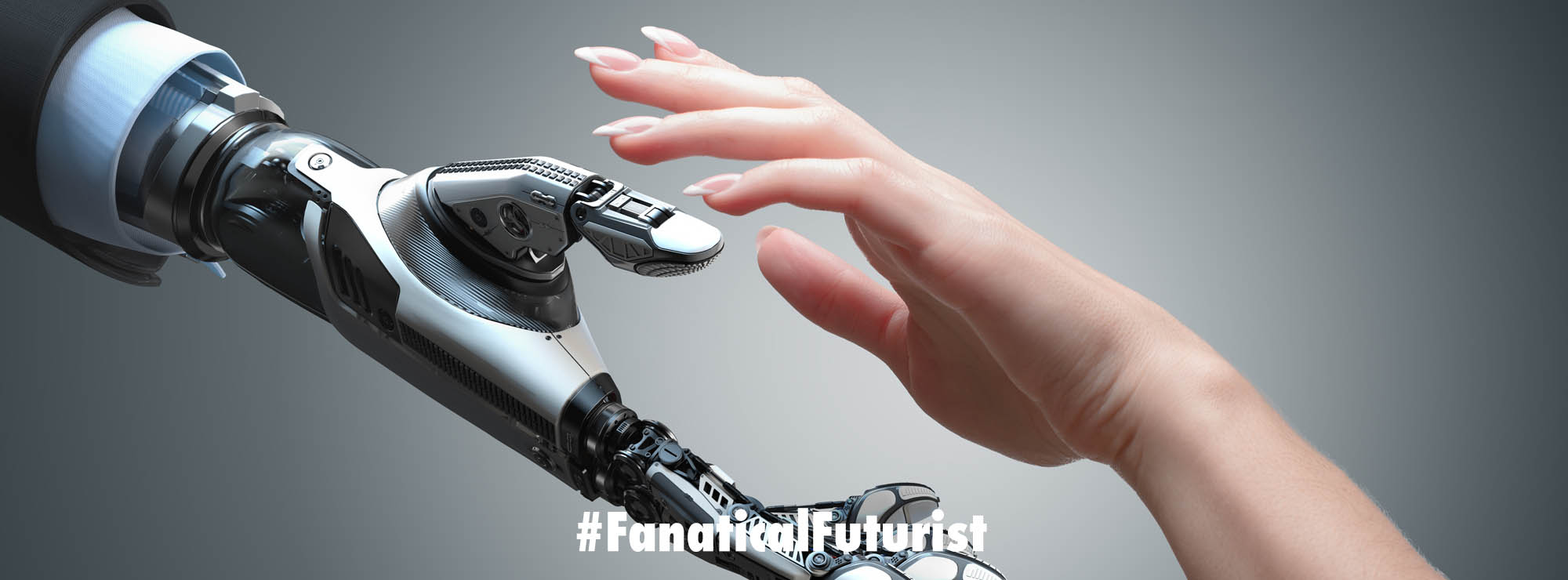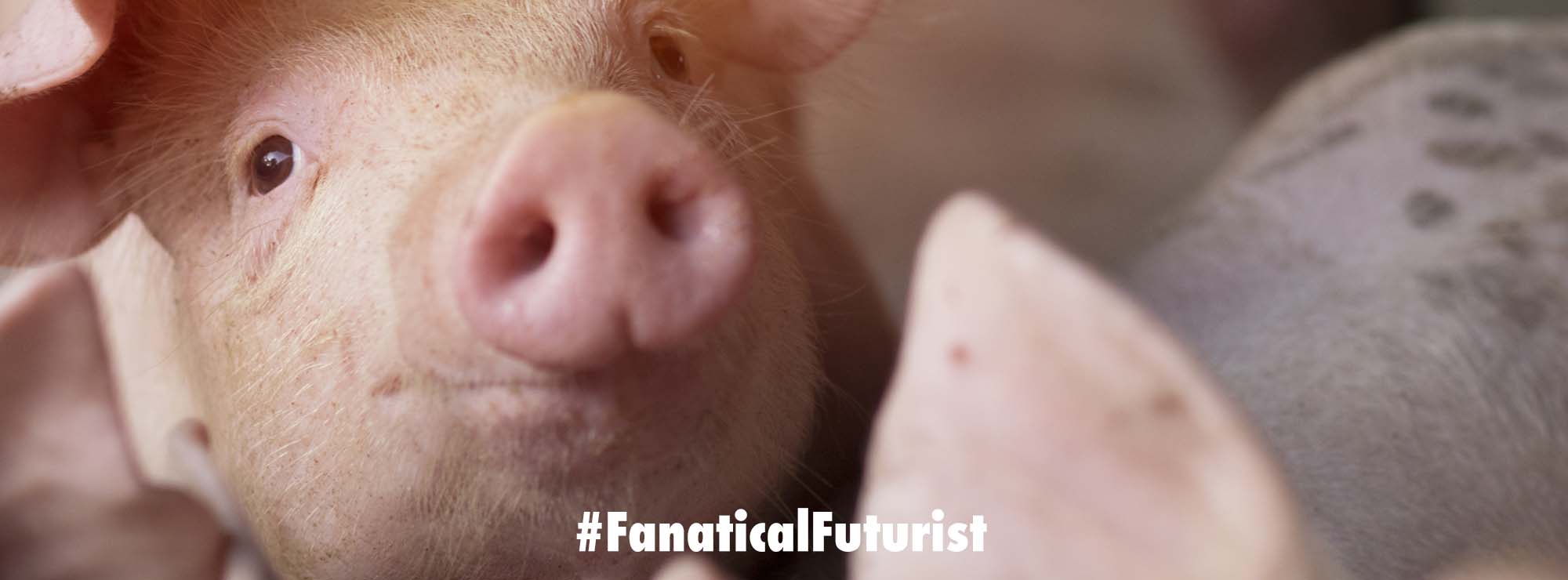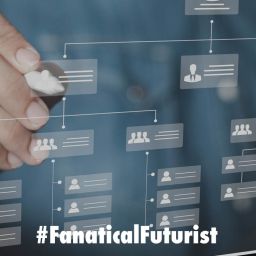
WHY THIS MATTERS IN BRIEF
If you’re going to spend hundreds of millions of dollars making a movie chances are you want it to be a blockbuster, so AI’s now helping call the shots.
 Love the Exponential Future? Join our XPotential Community, future proof yourself with courses from XPotential University, connect, watch a keynote, or browse my blog.
Love the Exponential Future? Join our XPotential Community, future proof yourself with courses from XPotential University, connect, watch a keynote, or browse my blog.
Here’s one for you – according to The Hollywood Reporter, Warner Bros, who recently signed an AI musician, has signed a deal with a company called Cinelytic in the hopes of using their Artificial Intelligence (AI) programs to help them decide which films to develop, after all making movies is expensive and studios want to make sure they’re betting on the winning horse before it’s even managed to get out of the stable. And if using AI to pick future winners sounds odd then remember that a few years ago I wrote about the A&R industry using AI to do pretty much the same thing – namely pick winning pop stars and chart toppers … And so far that one seems to be doing a great job.
The AI-driven project management system was launched last year and is said to provide “comprehensive data and predictive analytics to guide decision-making at the [movies] green light stage,” per the report. This program can determine the value of a movie star in specific locations and determine how much a film is expected to make in theaters and on streaming platforms. And while the AI isn’t capable enough to guarantee a billion dollar hit, at the very least it will “reduce the amount of time executives spend on low-value, repetitive tasks,” and instead help them focus their efforts on more meaningful projects.
“The system can calculate in seconds what used to take days to assess by a human when it comes to general film package evaluation or a star’s worth,” says Cinelytic founder Tobias Queisser.
Interestingly enough, the system is also considered increasingly helpful in the festival setting where it can help studios determine which films to bid on and which ones to avoid, and in the future it might even help studios evade box office flops such as Godzilla: King of the Monsters. Although, frankly, I liked that one.
“What the system won’t do is replace humans,” says Queisser. Although sadly I hear that line all too often from companies who are developing AI’s to automate everything from surgery to insurance claims … Afterall, you don’t want to freak the workers out until it’s time to kick them out.
“Artificial intelligence sounds scary. But right now, an AI cannot make any creative decisions,” says Queisser. “What it is good at is crunching numbers and breaking down huge data sets and showing patterns that would not be visible to humans. But for creative decision making, you still need experience and gut instinct.”
However, as AI gets better at writing its own scripts, and generating its own synthetic content, including movies, who knows, maybe it’ll not only become the ultimate movie critic, but also the movie maker … at which point we might very well have to get humans back into the saddle to take the decisions back out of its digital hands.















